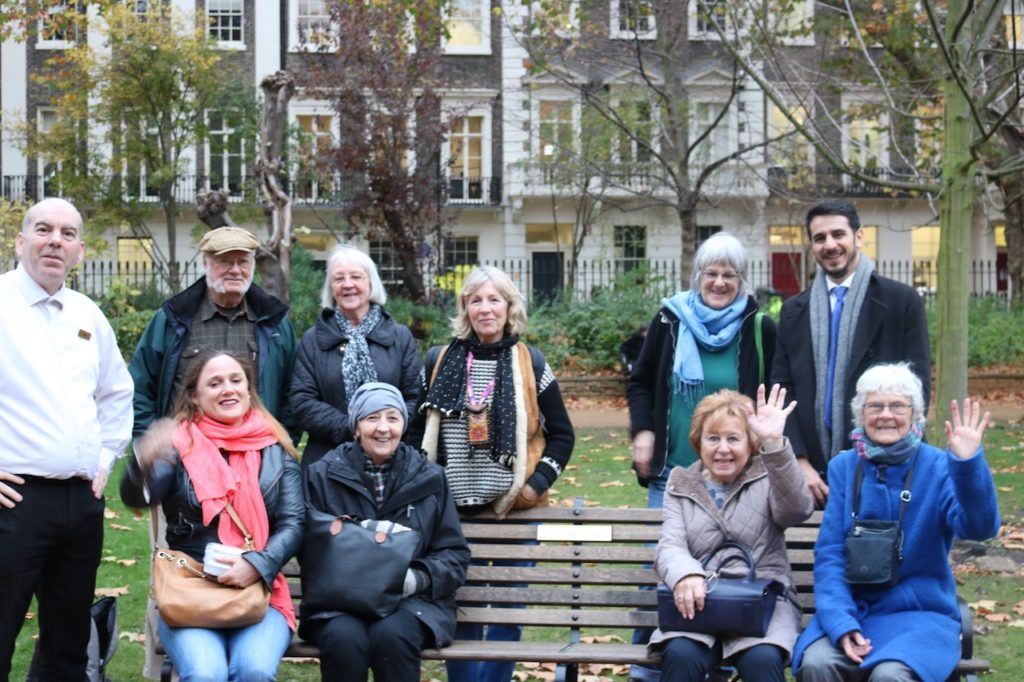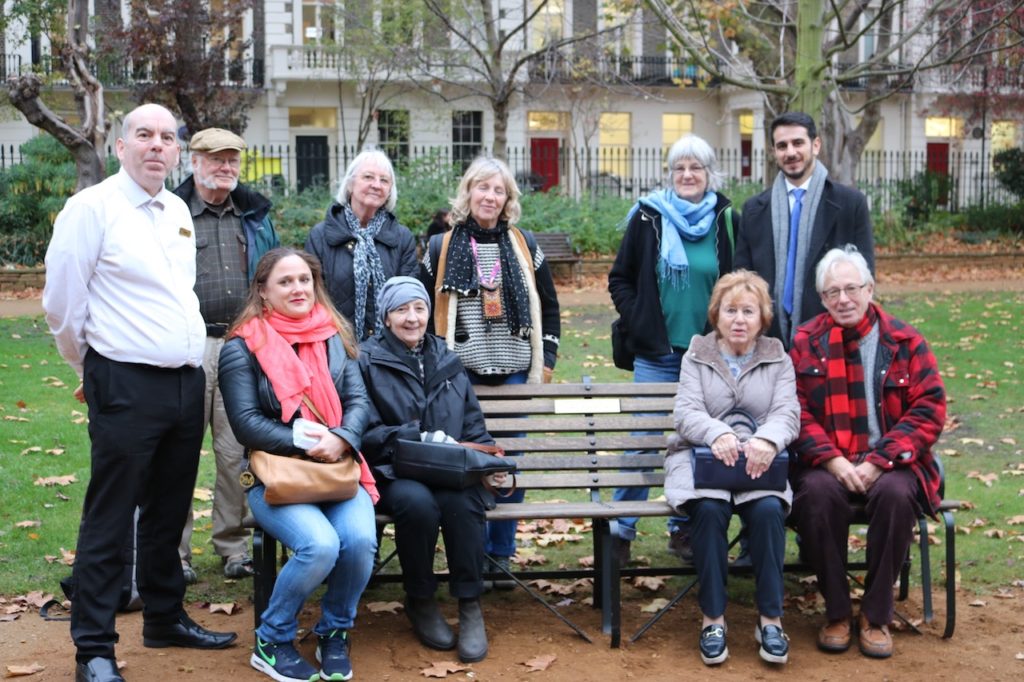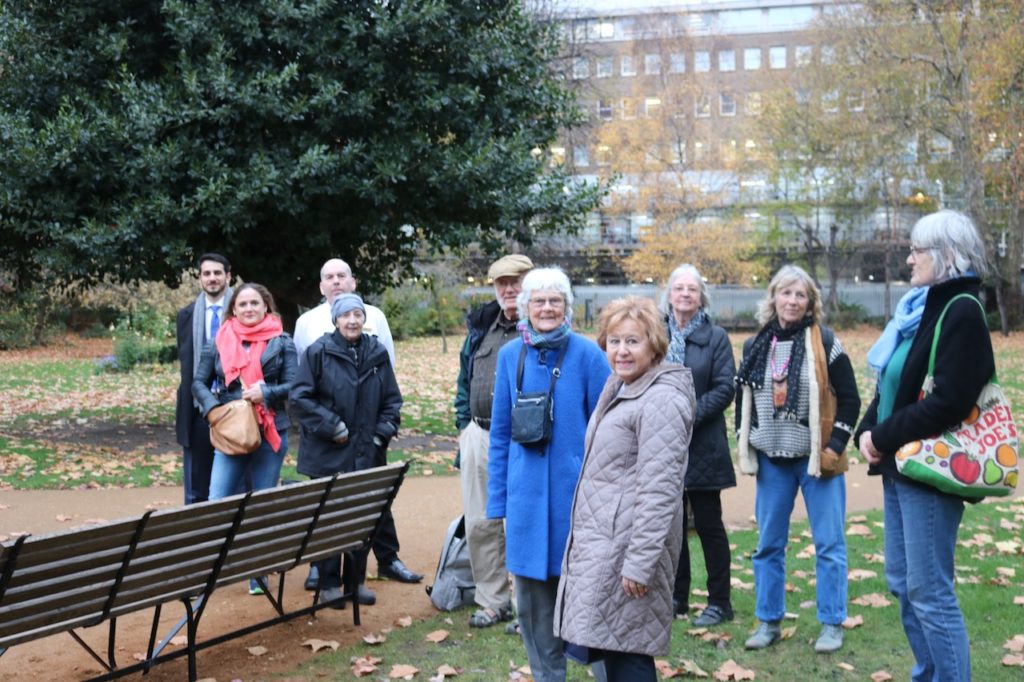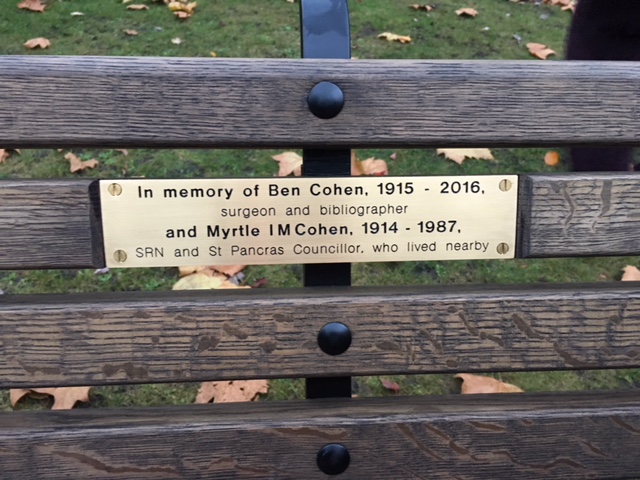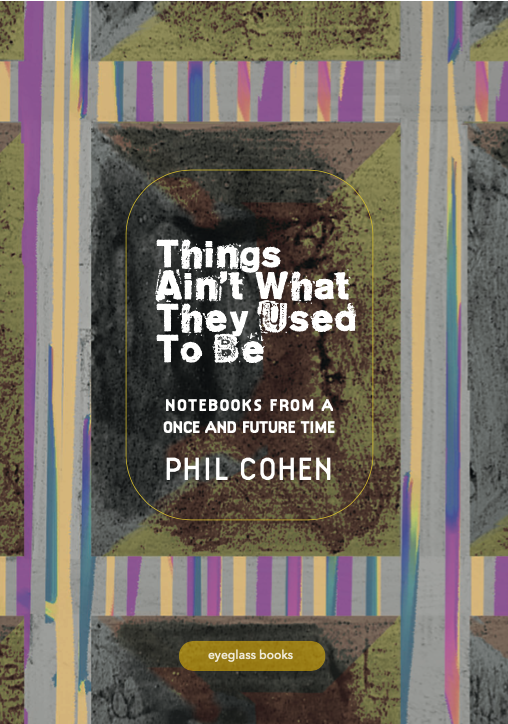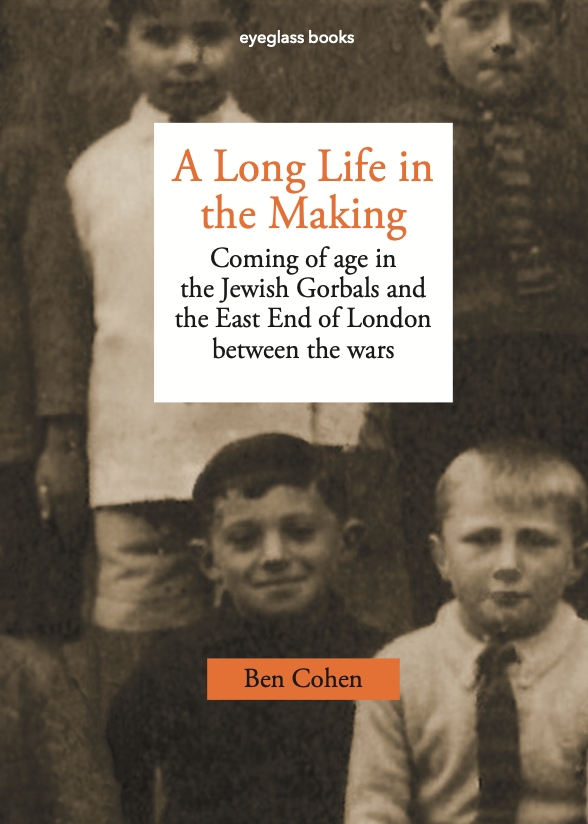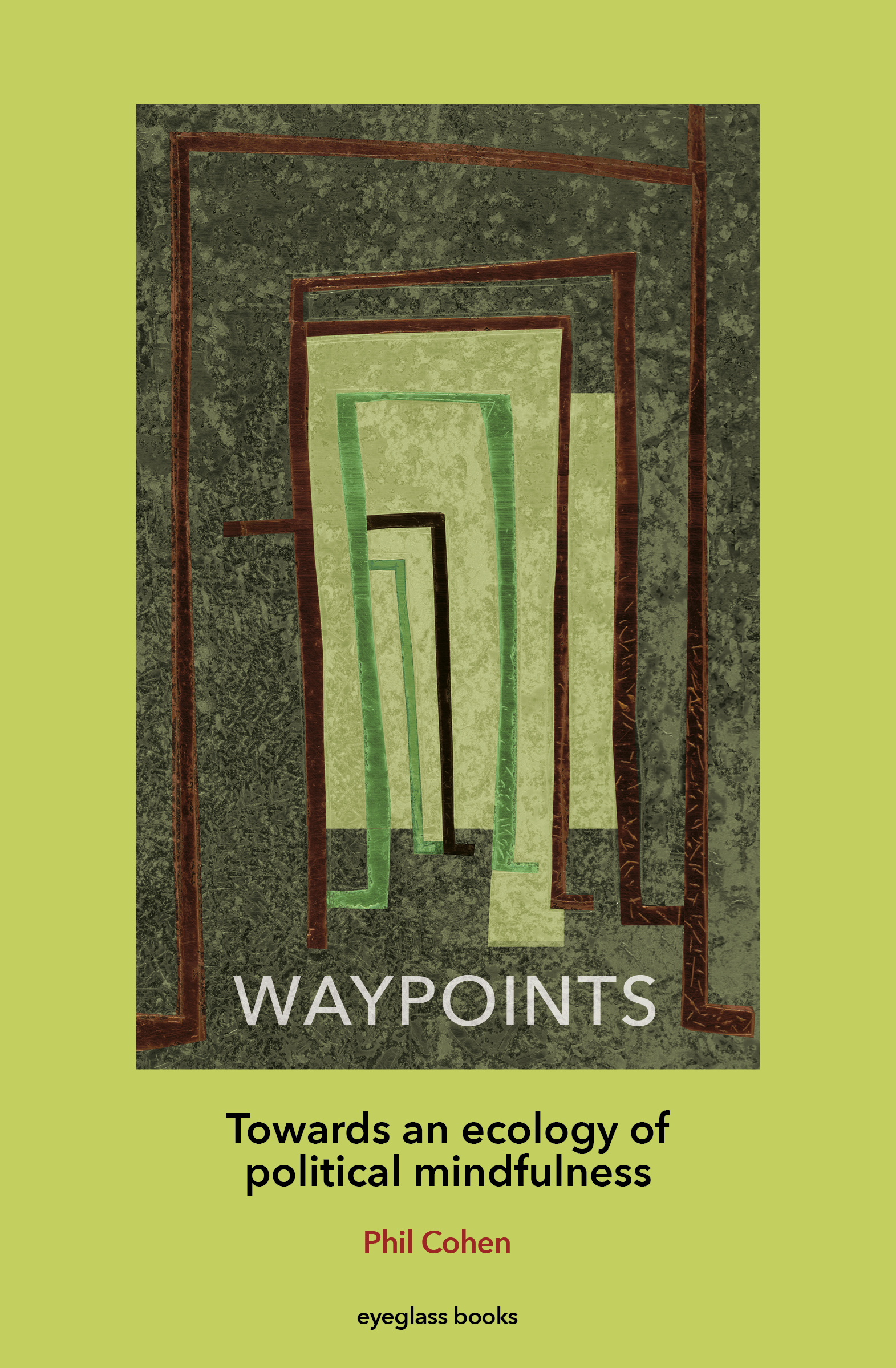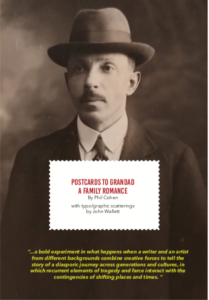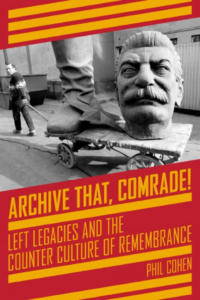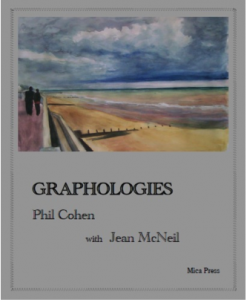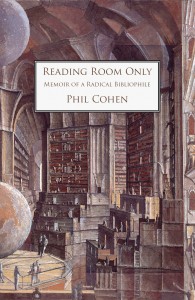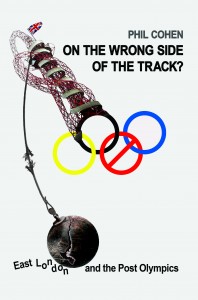Ben Cohen, Fellow of the Royal College of Surgeons, has died at the age of 101. He was born into a family of poor Jewish immigrants who settled in the Glasgow Gorbals before the First World War. His father was a militant socialist and fled from Vitebsk to avoid both political and religious persecution under the Tsar. The son grew up in the political culture of ‘red Clydeside’, attended Socialist Sunday School, and accompanied his father to many meetings where he heard Jimmy Maxton and John Maclean speak of social injustice, early experiences which left a lasting impression on his political sympathies.
He won a scholarship to Hutcheson’s Grammar School, where he excelled in Classics, but was persuaded by his family to study medicine at Glasgow University, where he qualified at the age of 22. He wanted to volunteer for the International Brigade during the Spanish Civil War but was deterred by the fact that he was the family’s main breadwinner after his father’s untimely death from a bungled surgical operation. This event was responsible for his resolve to become a surgeon and specialise in ENT.
He came down to London to take up his first appointment at the Jewish Hospital in the East End, and then, at the time of Munich, worked as a houseman in Addenbrooke’s in Cambridge. He went on to spend a year at the Radcliffe Infirmary at Oxford, which must have left the greater mark as he always cheered on the dark blues in the Boat Race. Locum work took him temporarily back to his home town, but he spent most of the war at the Royal National Throat Nose and Ear Hospital in London. There he met his wife to be, who was a ward sister, and after a whirlwind hospital romance they married, his only son being born in 1943.
After the war he was called up to the Royal Air Force, where he served as a Squadron Leader, and in addition to his hospital duties, spent many hours in the air studying the effect of fatigue on pilots. On discharge he studied for his fellowship and obtained his first consultant appointment at the Royal Northern in 1950. Having experienced working conditions in pre-war medicine he was a strong supporter of the NHS. Subsequent appointments were at the Royal Northern, North Middlesex, Barnet General, and Potters Bar. In 1965 he co-published a paper on a new surgical procedure for the treatment of Leukoplakia of the Palate[i]. He was a conservative surgeon, whose priority was to consider the clinical picture within a wider understanding of the patient’s life circumstances. He was also ahead of his time in insisting that mothers or other carers should be allowed to spend as much time as possible with children in the ward in order to lessen the psychological trauma of separation from the family. He worked as an unpaid consultant to Dr Barnardo’s Children’s Homes for many years.
He developed a private practice, mainly working for trade unions, assessing industrial injury compensation claims from factory workers who suffered hearing loss as a result of inadequate protection from noisy machinery. He also had a number of well known opera singers and actors as patients. On his retirement from the NHS in 1980 he was given a distinguished career award , but in the latter stages of his medical career he had become somewhat disillusioned with the bureaucratic management structure of the NHS.
He was very widely read with a range of interests in literature, topography and history. In his retirement he collected an impressive library of antiquarian books on London and the Thames. He compiled and self published three bibliographies, on the Thames, the Clyde and the Delaware, the latter sparked by an acquaintance with an American academic expert on Boswell whom he met at a conference some time after his wife’s death. His interest in rivers, and the Thames in particular, was stimulated by having a cabin cruiser which he kept at Henley where he spent increasing amounts of time, although he also travelled widely across Europe, including a trip to Russia.
In the last decades of his long life he regularly attended lectures at the Royal Society of Medicine, and the LSE. He returned to his academic interests, and researched a number of case studies in clinical biography which he published in a variety of medical journals. He also wrote up his reminiscences of life as a junior hospital doctor. This material, including a long study of Chekhov, was collected as a Miscellany and self published in 2010. He left behind an extensive memoir detailing his early life growing up in the Gorbals, and his experiences as a young doctor. This material is now being edited by his son and will be published shortly online by History Workshop Journal.
Below are some photographs of the bench naming ceremony in memory of my dad. This took place in Gordeon Square Bloomsbury , somewhere my dad used to spend a lot of time over many years , and which we visited a lot as a family when I was growing up.
[i] Journal of Laryngology and Otology Vol LXXIX No 3 March 1965
